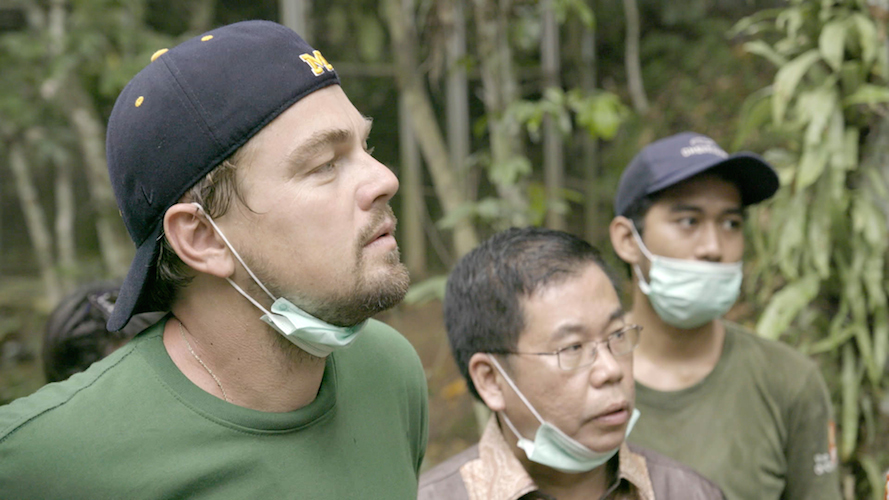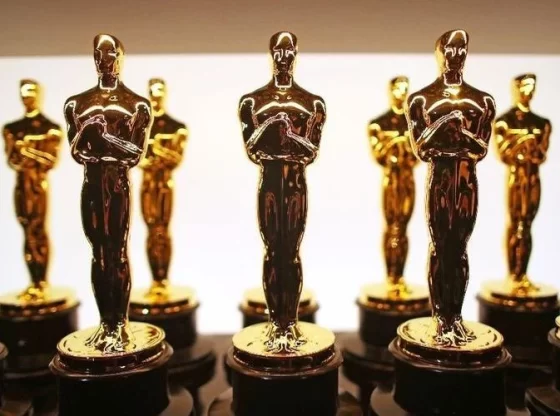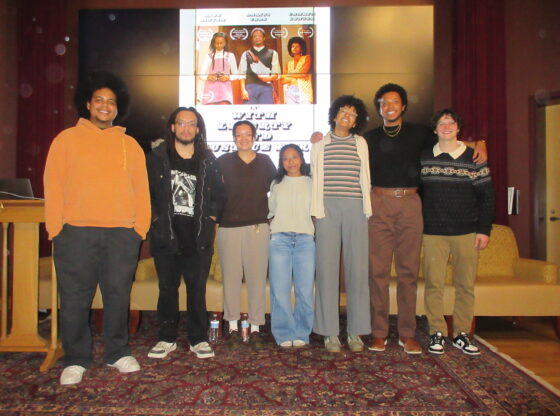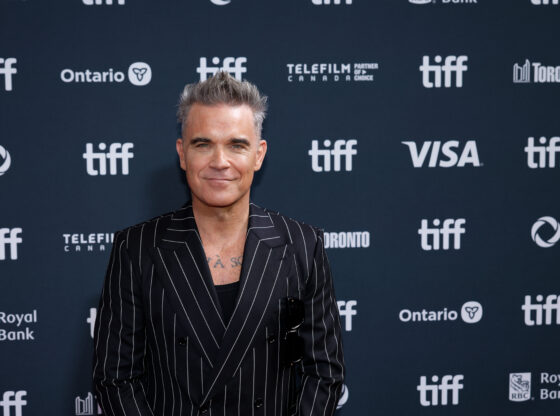In the early 1500s, artist Hieronymus Bosch produced a tryptic painting which he called “The Garden of Earthly Delights”. In the first panel, he depicted an untainted world—the Garden of Eden, in which sits God, Adam and Eve. Here, Earth and man live as one. In the second panel, the deadly sins are introduced. The scene teems with greed, lust, overpopulation and exploitation of the earth’s resources. This panel is called “man before the flood.” In the final panel, Bosch painted hell, a scorched, vindictive world in which life is being devoured by Earth.
Leonardo Dicaprio’s documentary “Before the Flood” aired on National Geographic. In the introduction of the film, Dicaprio tells the audience that Bosch’s painting, “The Garden of Earthly Delights,” hung above his bed as a young boy. This could be seen as the beginning of his interest in the relationship between man and Earth, as his young eyes gazed at a timeline for the indulgent, a dire future for an earth that has been neglected.
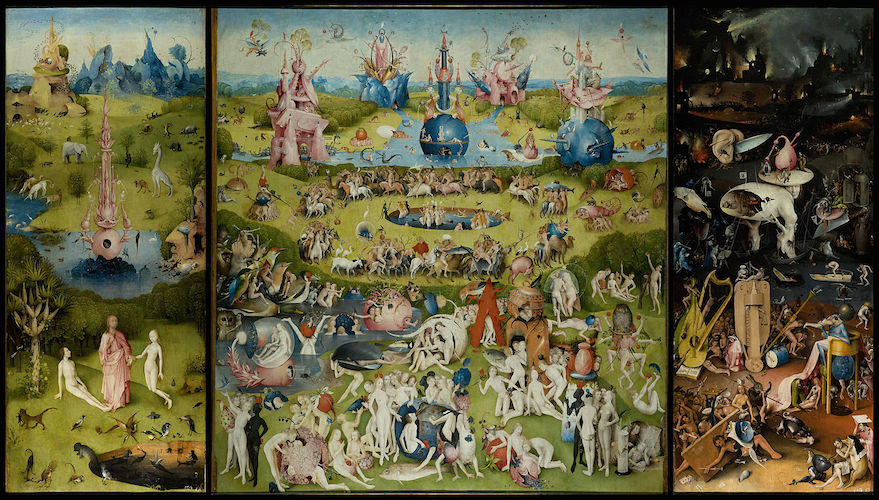
“Before the Flood” follows Dicaprio as he travels the world discussing the issue of climate change, a topic that has overwhelming scientific evidence and yet is vastly denied. Today, 97 percent of climate scientists agree that the Earth is warming due to humanity’s addiction to fossil fuels. Dicaprio meets with leaders, such as President Obama, Elon Musk, astronaut Dr. Diers Sellers and Pope Francis, all of whom acknowledge that a great change must immediately take place in the world’s emissions if we do not wish to leave future generations to suffer as a result of our excess consumption.
The documentary trails Dicaprio’s journey with breathtaking visuals, capturing the details of destruction and diminishing beauty found in places such as the melting Baffin Islands of the High Canadian Arctic and the scant land of the Leuser Ecosystem in Indonesia, “the last place on earth that still has elephant, rhino, orangutan and tiger together in the wild,” as a result of the clearcutting of forests for palm oil plantations. He speaks with natives of the Arctic Islands who have seen their land transform from solid blue ice to “ice-cream,” a consistency that melts rapidly. He witnesses the aftermath of immense flooding in Abaiang, Kiribati that has poisoned the fresh water ponds where locals go to collect water for drinking. All of this is due to our reliance on coal and natural gas for electricity and crude oil for fueling our modes of transportation.
In order to keep up with the rapid increase in demand for energy, many companies have recently capitalized on sources that reap even greater destruction, such as mountain top removal for coal, fracking for natural gas, offshore drilling for oil and tar sands.
Although there have been fights to put limits on carbon emissions and protect areas from deforestation, the political system is swarming with men and women who are financed by high power fuel companies such as the Koch Brothers. Attempting to pass bills in the name of climate change is nearly impossible when the majority of congress is being paid to deny the issue’s existence.
According to National Geographic explorer Dr. Enric Sala, “If the climate stays at the temperature it has been for the last decade, by 2040 you will be able to sail over the North Pole.” The burning of fossil fuels releases copious amounts of carbon dioxide into the atmosphere, which then leads to the melting of ancient ice caps, drastic rises in sea level and devastating weather patterns. This process is occurring rapidly and with little attention from the common man.
“Before the Flood” is a call to humanity to take responsibility for their actions. Earth’s atmosphere is fragile. We cannot continue to release toxins and not expect reverberations. Dicaprio concludes that there needs to be a massive switch from fossil fuels to solar and wind energy sources, explaining that we are past the point of encouraging individuals to combat global warming by switching to an eco-friendly light bulb. It is now up to the corporations, and in order for the corporations to make a change, there has to be a demand from the people.

